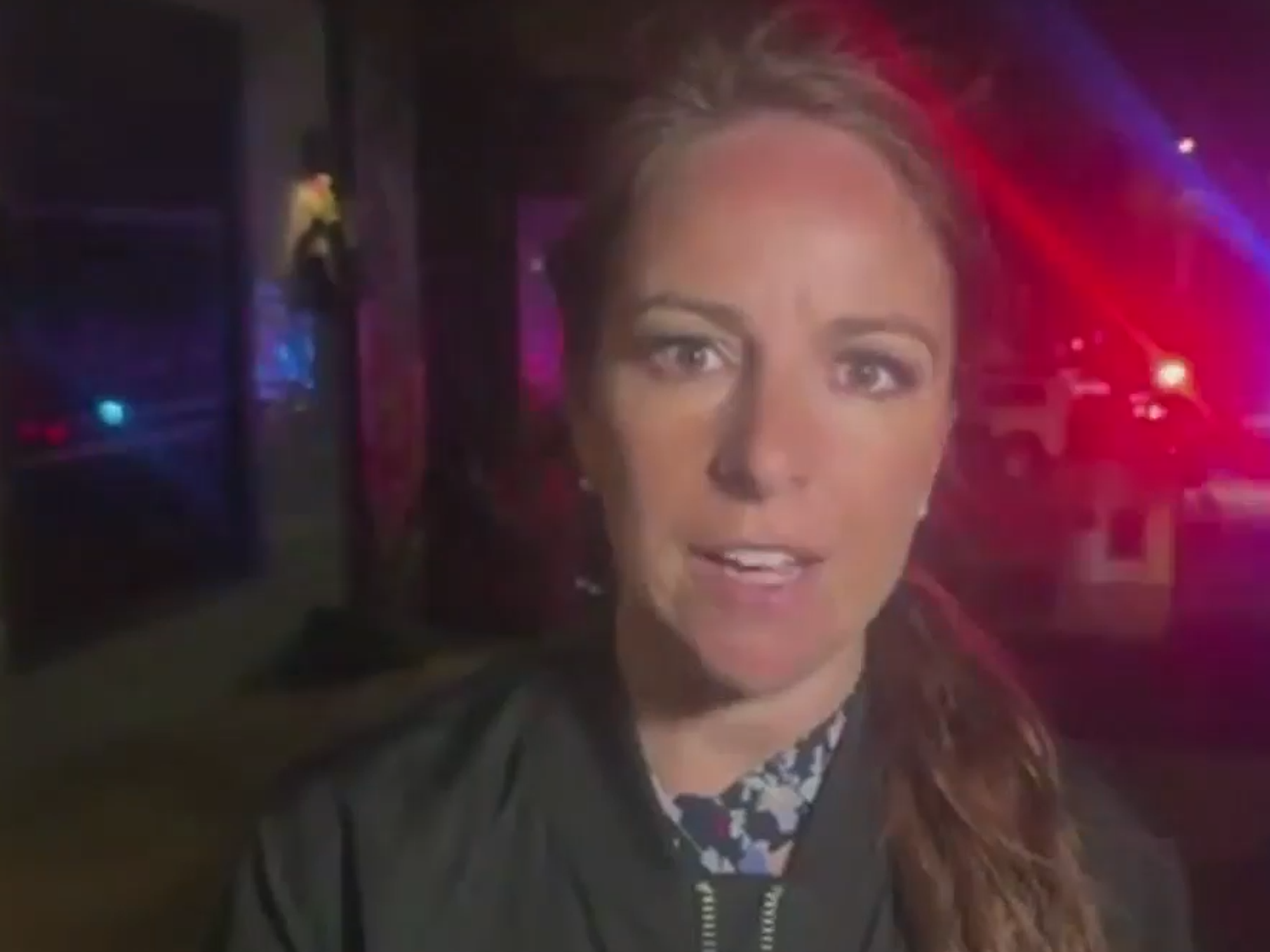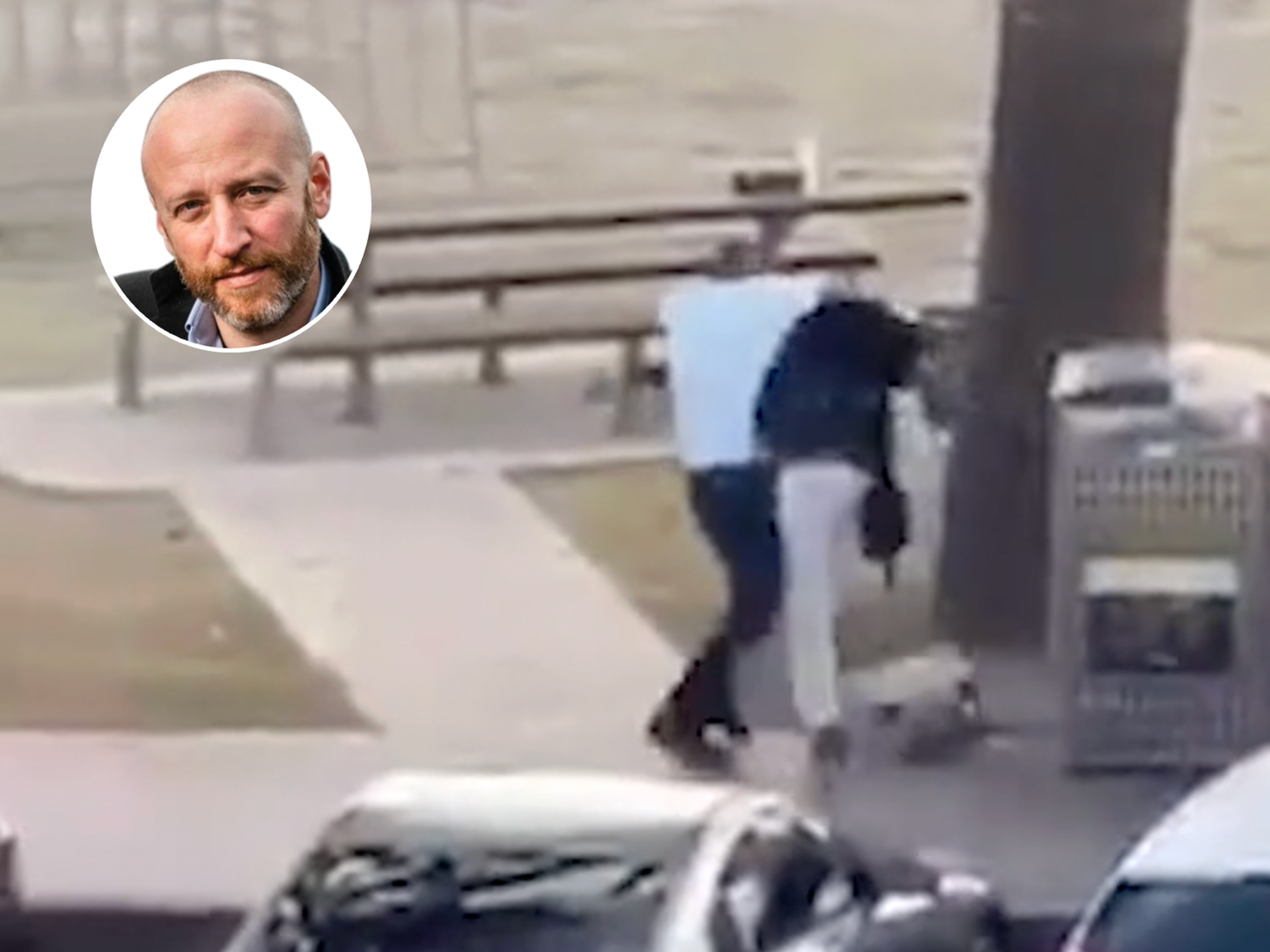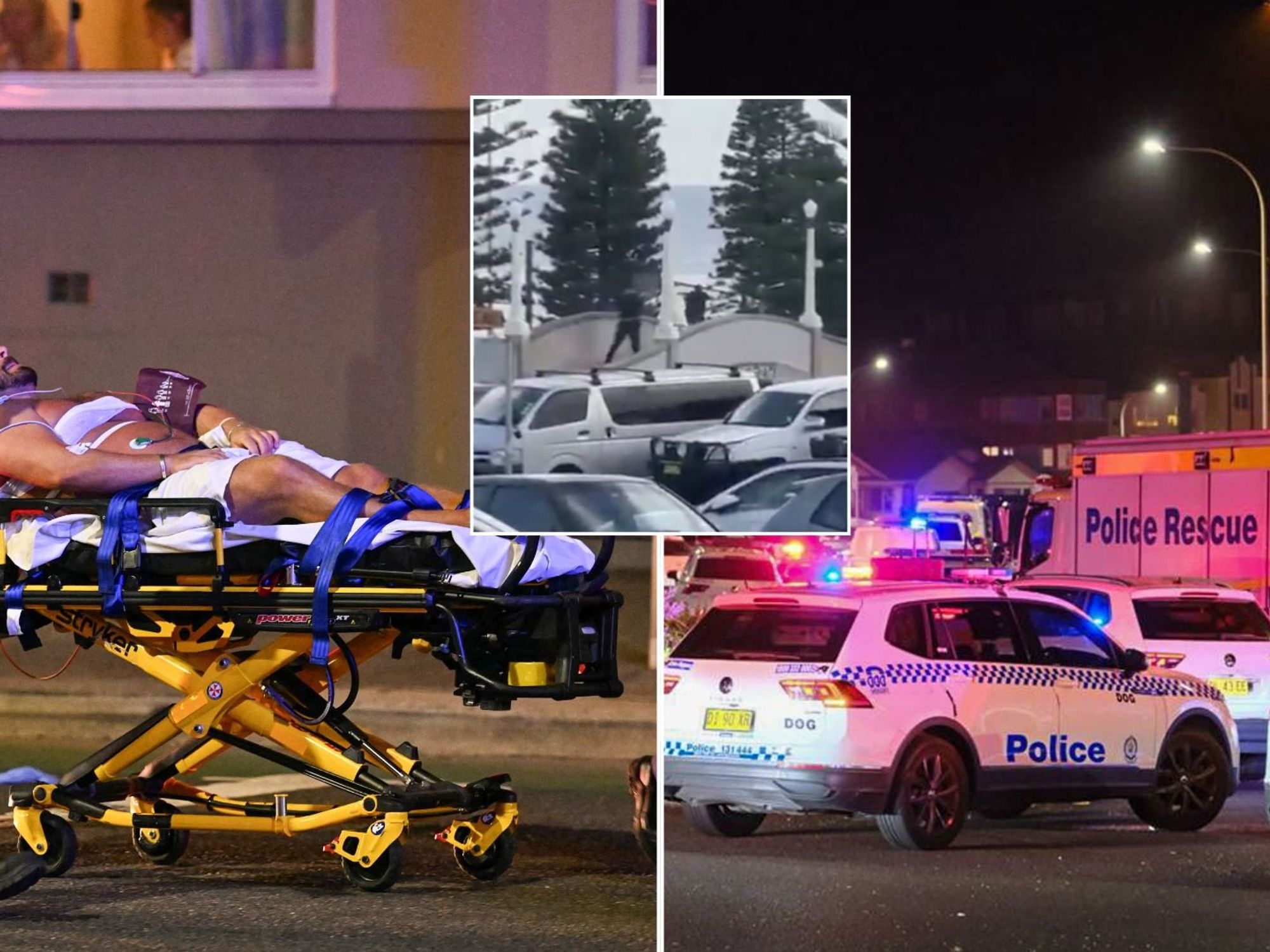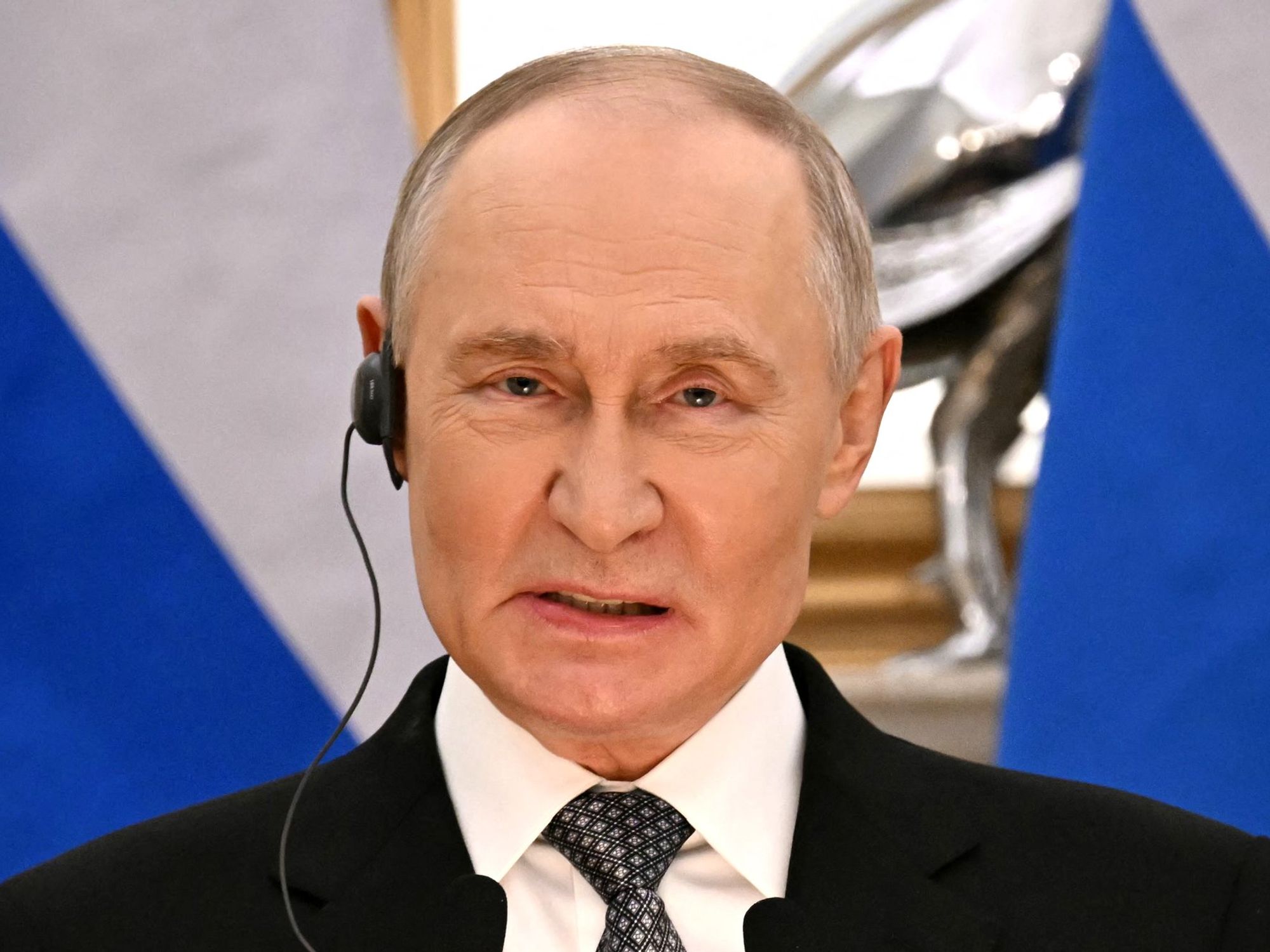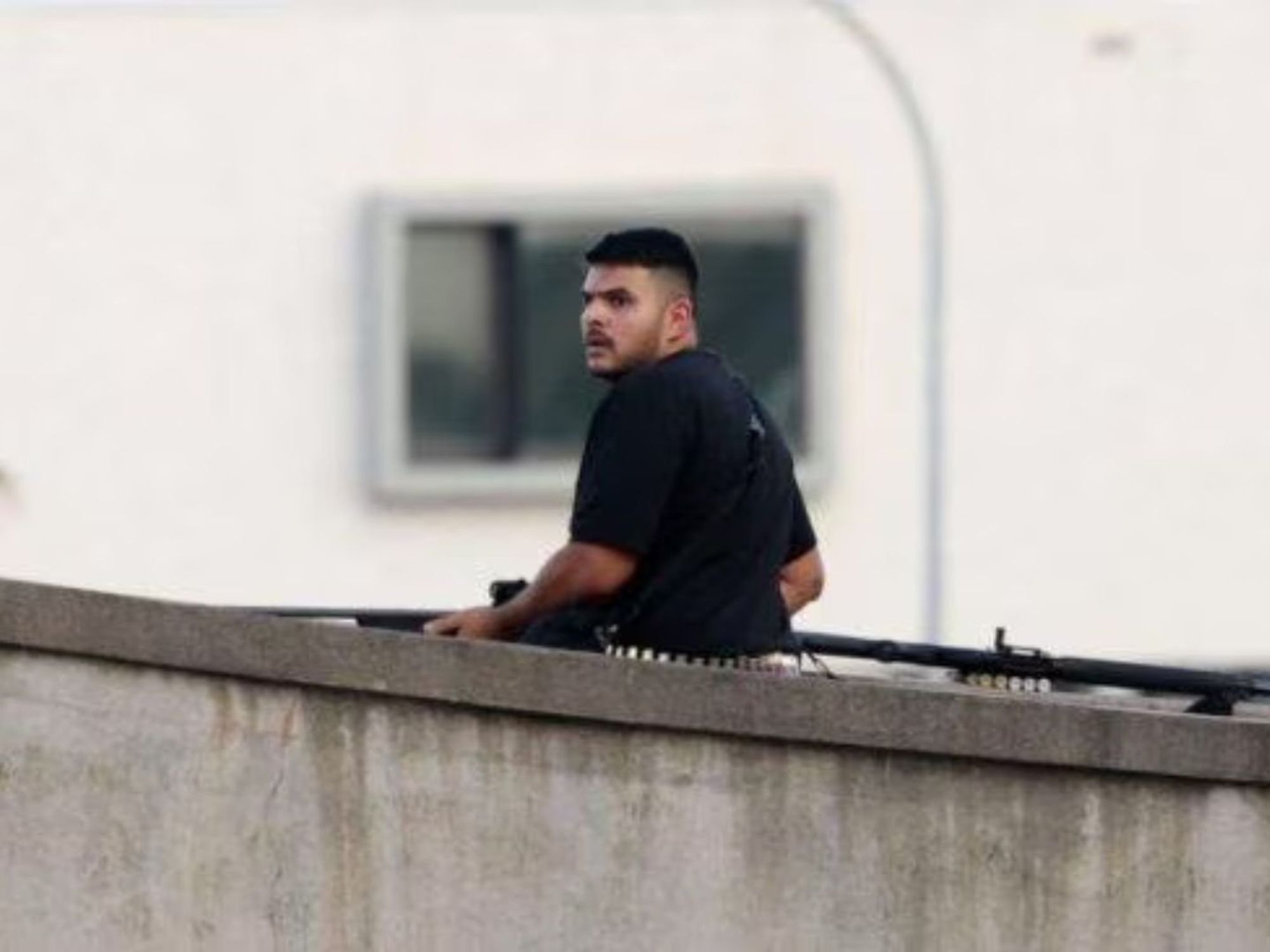Partygate inquiry may fail to find Boris guilty of main charge. But that doesn't mean he's safe - analysis by Olivia Utley
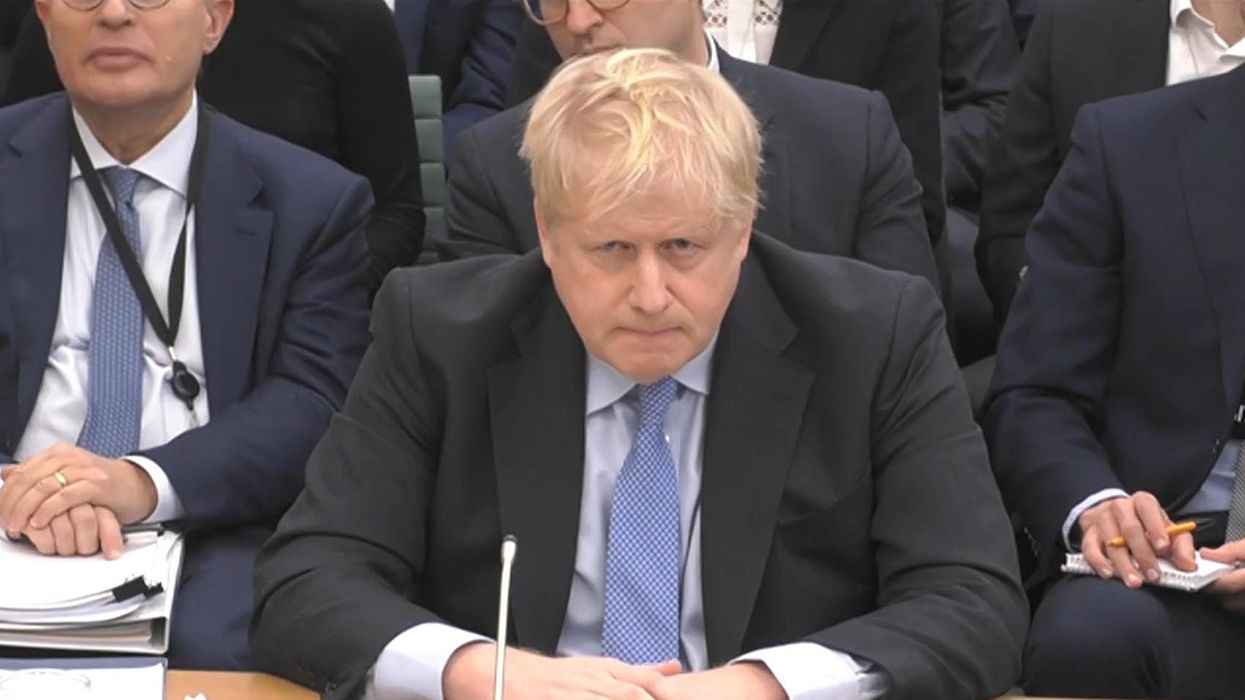
Boris Johnson was grilled in front of MPs yesterday
|PA

The committee's final judgement could ultimately lead to Boris Johnson's suspension from the House of Commons
Don't Miss
Most Read
We were braced for fireworks yesterday, and we sure got them.
In a tetchy three and a half hour session, the former Prime Minister defended himself in the strongest possible terms against the charge that he had “knowingly or recklessly misled” Parliament when he said that “all rules and guidance” had been followed in 10 Downing Street during lockdown.
How did he fare? Well it wasn’t an all out catastrophe as many of his detractors had hoped, and my instinct is that he’s done enough to avoid the dreaded 10 day suspension from the Commons, which would likely result in the end of his parliamentary career.
The case the committee tried to build was that it should have been “obvious” to the former Prime Minister that rules were being broken.
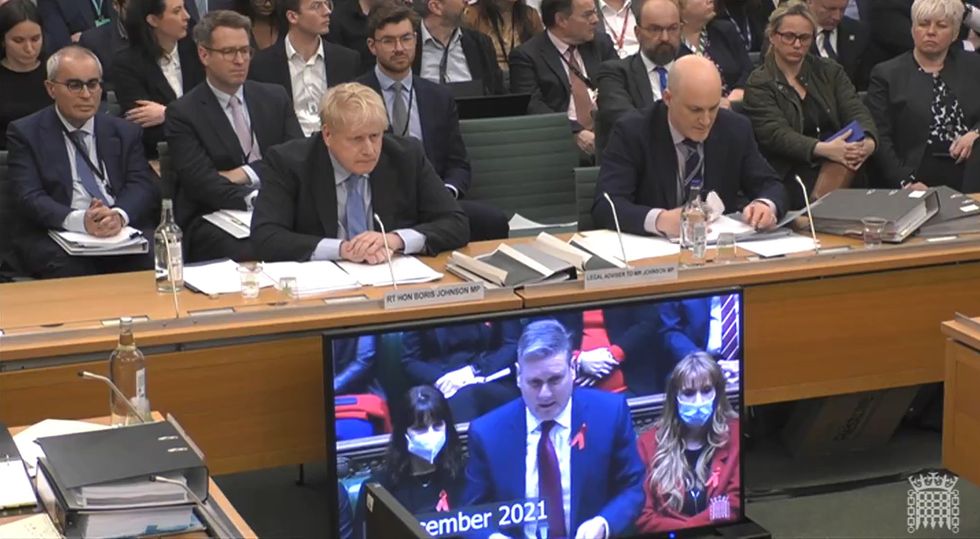
Boris Johnson said he did not intentionally lie
|PA
He rebuffed this with two logical arguments: first, that the photos splashed on the front pages during the Partygate saga were taken by the official Number 10 photographer, and if it were so obvious that rules were being broken, why would anyone have invited a photographer along?
Second, that the building was packed with officials and other politicians (including the current Prime Minister, as Mr Johnson rather cattily pointed out) and if it should have been obvious to Boris that rules were being broken, surely it should have been obvious to them too.
He was on shakier ground, however, when questioned on why he failed to set the record straight after telling the Commons that all rules had been followed.
The committee seemed prepared to believe that Boris Johnson’s initial assertion was made in good faith in the heat of the moment, but questioned what actions he took afterwards to make absolutely sure he hadn’t spoken in error.
Did he, for example, double check with a parliamentary lawyer? Boris blustered out a response in classic Boris fashion, but the short answer, it seemed, was no.
All this leads me to believe that though the committee may not be able to prove that he “knowingly misled parliament”, they may well be able to get him on the lesser charge of “recklessly” misleading parliament: ie. failing in his duty to set the record straight when he had plenty of opportunities to do so.
What form of sanction would such a verdict merit? Well, the harshest option would be a 10+ day suspension, which would trigger a recall petition, and possibly a by-election.
But the committee may decide that in the absence of concrete evidence he actually lied, the most appropriate response may be to suspend him from the Commons for a few days – the parliamentary equivalent of a slap on the wrist.
But of course, ultimately, it will not be the committee that gets the final say on whether Boris Johnson deserves another bite of the apple. And it could be that this unedifying episode may have fatally damaged his chances of a comeback, even if he manages to avoid losing his parliamentary seat.
His assertion that he believed hosting drinks for his chief of staff was “absolutely necessary” for work purposes may be a cunning quasi-legal argument, but it will surely play very badly in the country, where plenty of very “necessary” events (weddings and funerals spring to mind) were put on hold.
In a few weeks, the committee will reach its official verdict, which could set in motion a chain of events which would result in the former Prime Minister being left out in the cold for good.
But even if he manages to cling on to his Uxbridge seat, a return to frontline politics now looks vanishingly unlikely.





